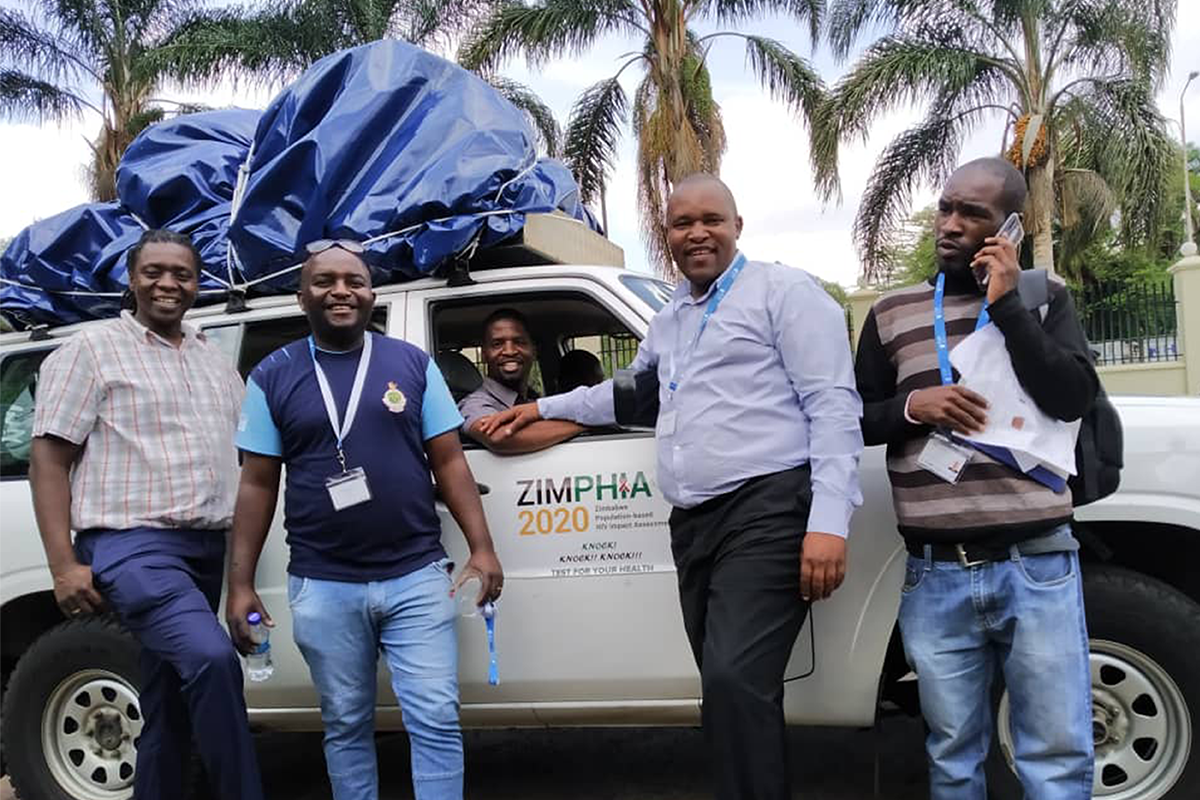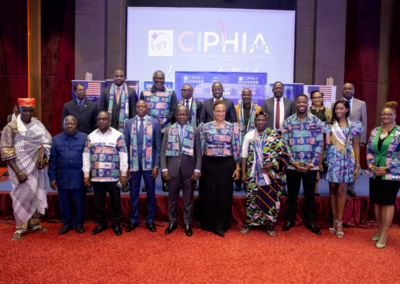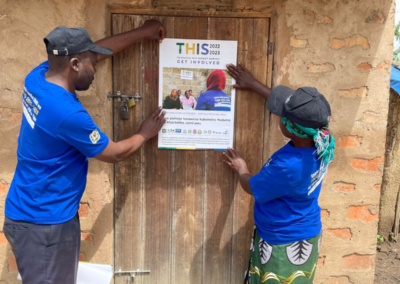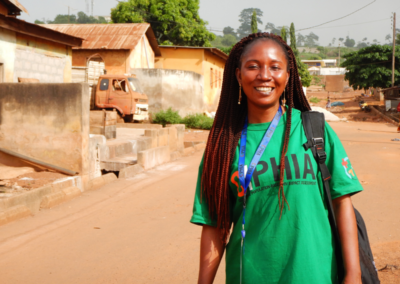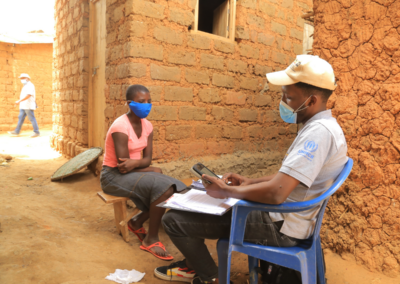Over the past four months, a familiar refrain was heard throughout the cities, towns, and villages of Zimbabwe. The ‘Knock Knock’ song, which was instrumental to the success of the first Zimbabwe Population-based HIV Impact Assessment (ZIMPHIA) survey, heralded the new survey and with the message of a new chance for the country to take stock of what has been achieved towards controlling its devastating HIV epidemic.
The ‘Knock Knock’ song was music to the ears of many health officials in Zimbabwe, including Owen Mugurungi, MD, director of the HIV and Tuberculosis Unit at Zimbabwe’s Ministry of Health and Child Care (MoHCC). “I am quite optimistic that ZIMPHIA 2020 will help the Ministry, key health authorities and policymakers to have a better understanding of the overall impact of HIV on the entire population of Zimbabwe,” he noted during the national sensitization meeting of ZIMPHIA 2020.
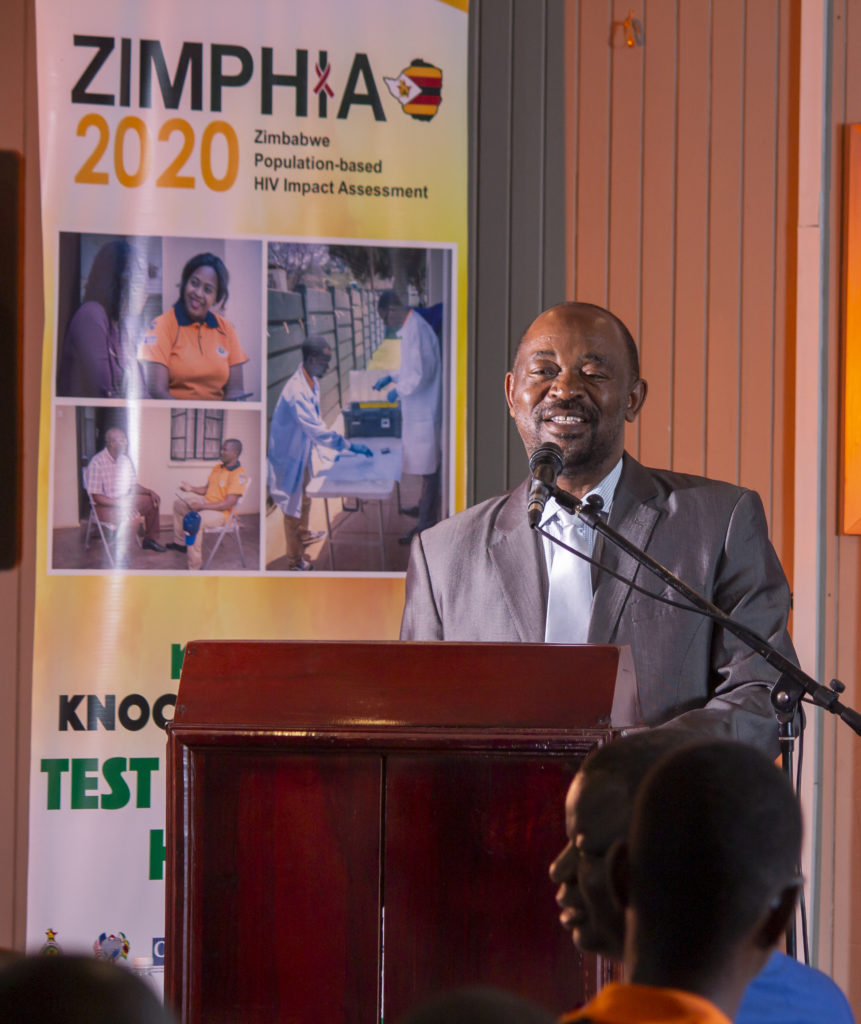
The survey, led by MoHCC, began in November 2019, moved at a brisk pace and completed data collection in early March 2020. A total of 12,000 randomly selected households were visited with 12,457 interviewed in ZIMPHIA 2020 – including men, women, and young adults over 15 years old across the nation.
The leading Zimbabwean poet, musician and activist, Albert Nyathi, revisited the hit single ‘Knock Knock’ developed for the ZIMPHIA 2016 survey to reflect the details of the 2020 survey. Played across radio stations nationwide, with multilingual verses reflecting six of Zimbabwe’s national languages, the new song aimed to educate and inform households about the importance of ZIMPHIA 2020 and encouraged their participation in it.
During data collection, communities welcomed survey teams into their homes which led to overwhelmingly high responses. The high response rates from selected households will ensure that the data is comprehensive and representative, providing a detailed overview of how Zimbabwe’s national HIV policies and programs are impacting those living with and affected by HIV.
“Reception of the survey in the rural areas has been very good, maybe because some people stay far away from health facilities so when they actually have a chance of having a nurse come through to their homes, wanting to talk to them and find out more about their health, they become more receptive,” said Kudzanayi Moyo, ZIMPHIA 2020’s Southern Region Survey Coordinator.
Currently in the post data collection phase, the ZIMPHIA 2020 survey’s preliminary results are set to be released by World AIDS Day, December 1st.
For the latest updates on the ZIMPHIA 2020 survey and access to resources from the ZIMPHIA 2016 survey, visit the PHIA site here: https://phia.icap.columbia.edu/countries/zimbabwe/.
—






